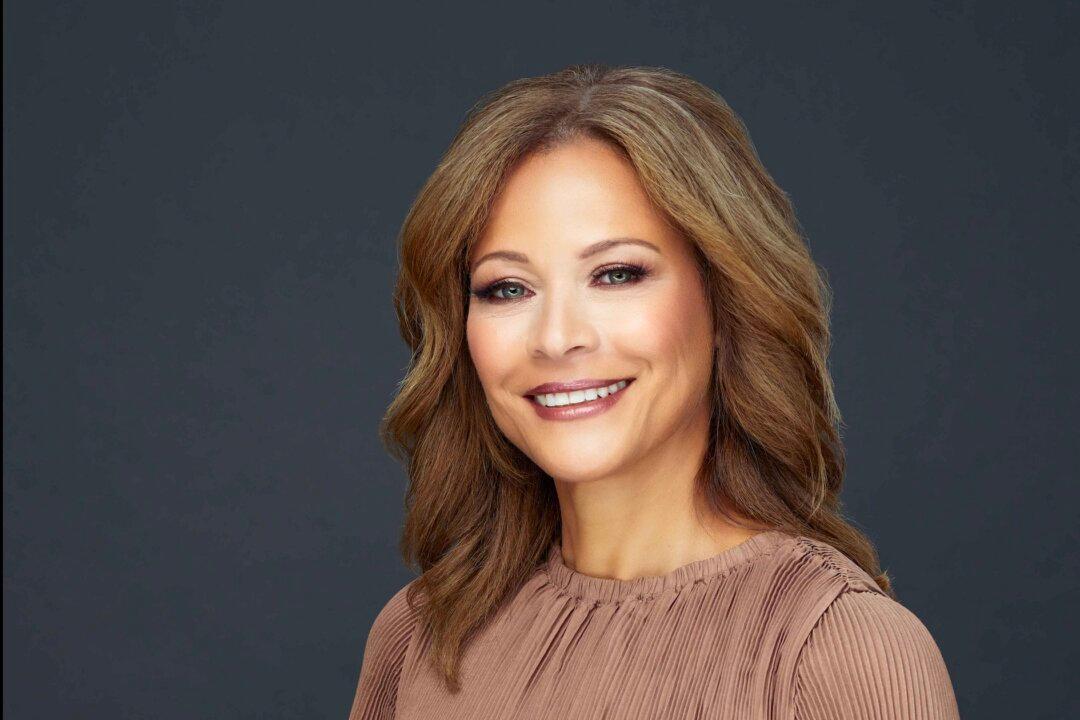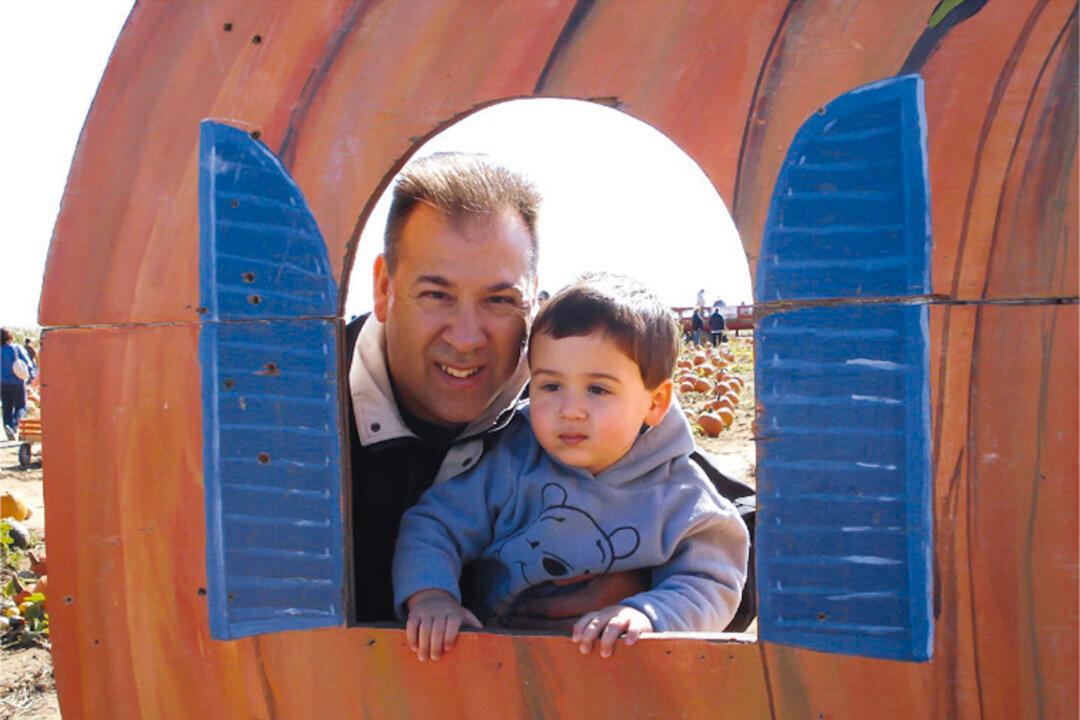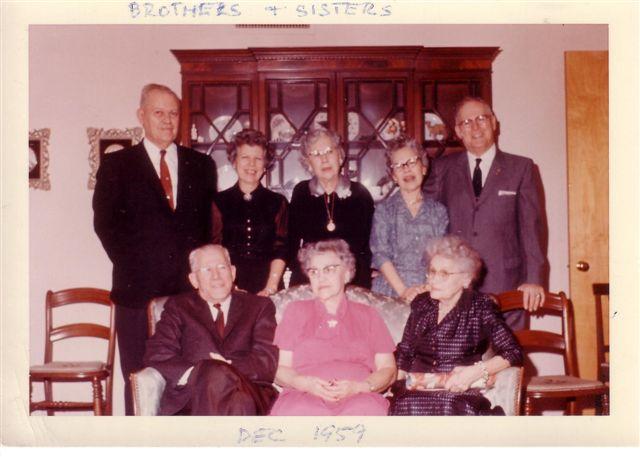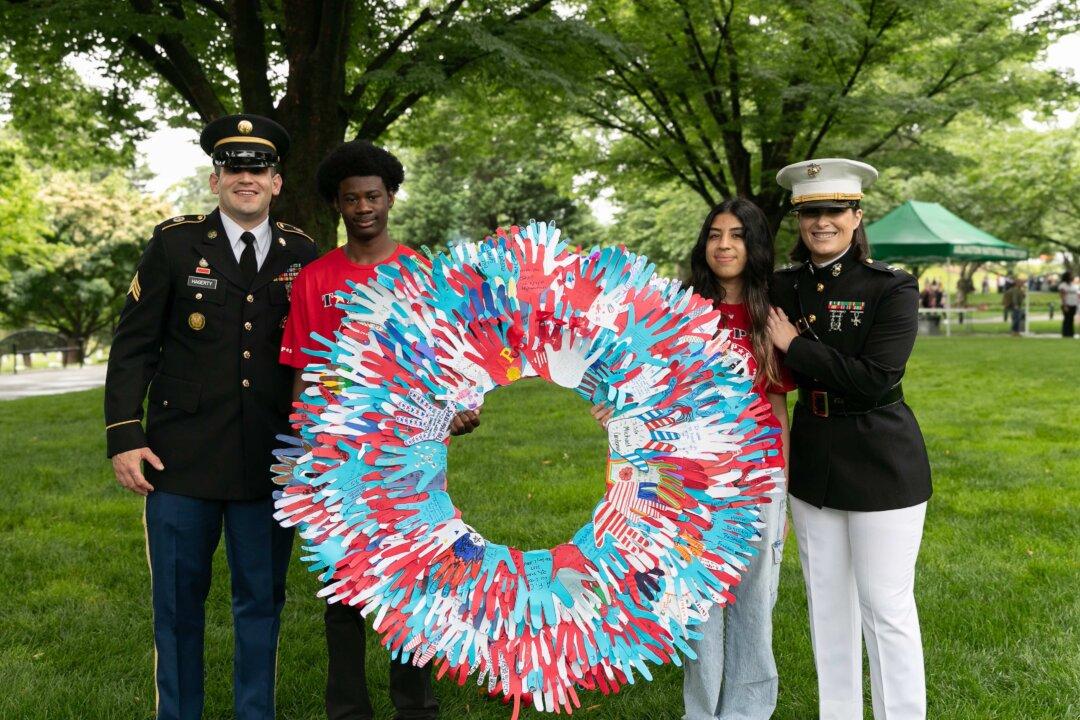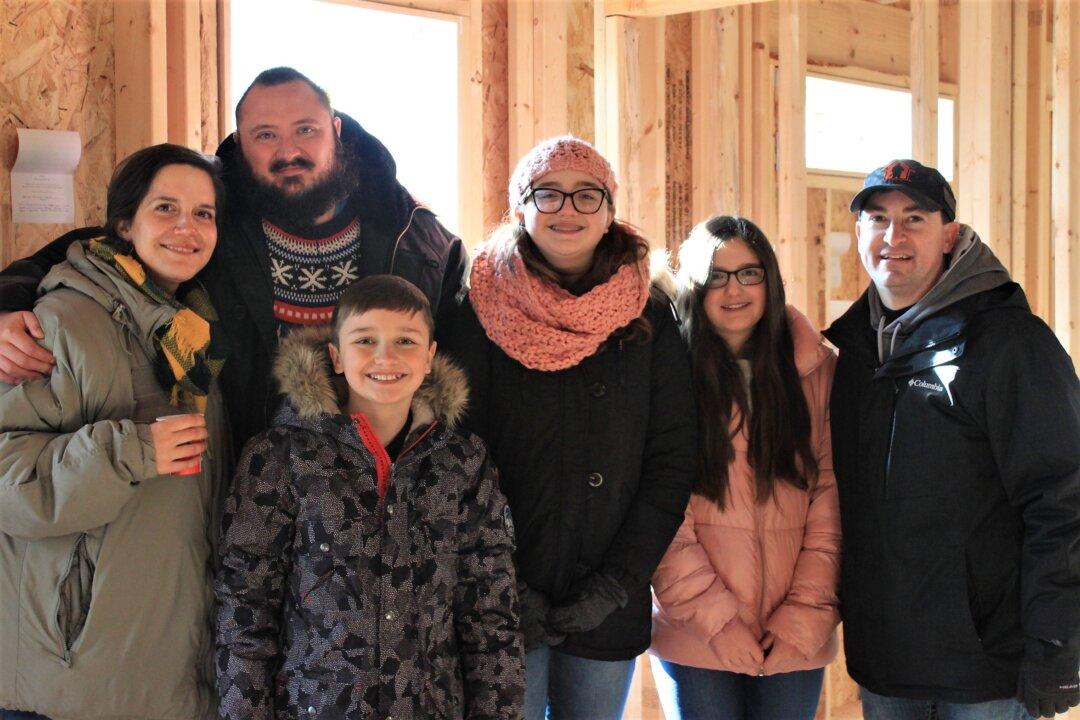Sonya Curry likens her family to The Big Machine. Every member of the family plays a part in helping the household run at maximum efficiency, with chores and activities on schedule for each. So when her eldest son Stephen Curry—who would go on to become the basketball star Steph Curry—failed to do the dishes one week during his high school sophomore year, there was no question that he would not be allowed to go to basketball practice—despite it being before an important game. Curry told her son’s basketball coach that he would be missing practice, which, according to the coach’s rules, meant he would not be starting the next game.
“I reminded Stephen so many times to do the dishes that I realized he was starting to rely on me to manage him. That’s not going to work. I have to train my kids to manage themselves. That’s what this is about. Yes, everyone has to do their part to keep the Big Machine running. At the same time, they have to learn to be their own managers,” Curry wrote in her recent book, “Fierce Love: A Memoir of Family, Faith, and Purpose.”

